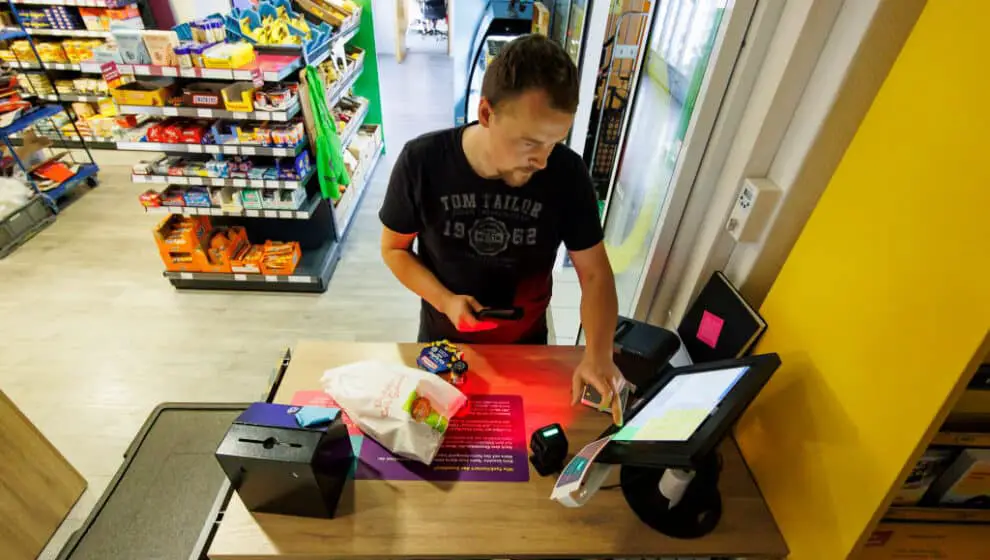Tipping employees for labor has been creeping out of the service industry, but customers are balking at tipping screens on self-checkouts.
Key Details
- Retail cashiers, fast food workers, and baristas may now have a tip jar on the counter or a tipping prompt on the cash register, frustrating customers.
- Now unmanned checkout stations at airports, stadiums, and cafes are asking customers to leave a 20% tip, The Wall Street Journal reports.
- While business owners argue that tips can boost employee pay, customers are wondering who exactly they are tipping and why when using the self-checkout.
Why it’s news
Giving a tip to a waiter or delivery person has been common in American culture, but tipping is now spreading to other industries—even affecting the self-checkout systems.
While employers may promote the tipping system as a way for employees to earn extra money, it is often an excuse for these business owners not to raise employee wages. Tips given through automatic systems can sometimes give companies the opportunity to circumvent labor laws. Employers can pocket some or all of the money, The Future Party reports.
Not every employer takes advantage of the tip jar, but many more may be less likely to give employees a raise because of customer tips.
Tipping may be optional, but the screen prompts to provide a tip are relatively successful. Many customers report feeling guilted into including a tip. Some consumers refer to the tip prompts as “emotional blackmail” as they feel tips are expected, even if they did not engage with an employee, The Future Party reports.
Others feel compelled to give tips, but only when someone else is watching. Point-of-sale tech firm Square found that in 2022, tipped transactions at full-service restaurants increased around 17% and 16% at quick-service restaurants.

